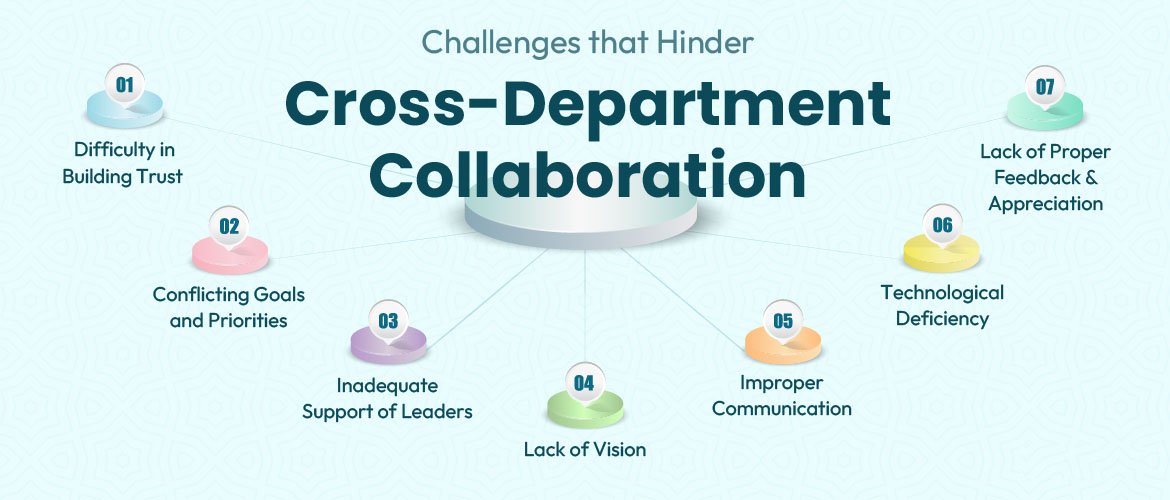Engineering Specializations at JIET: A Guide to Making the Right Choice
Choosing the right engineering specialization is crucial for your academic and professional journey. JIET offers a variety of engineering specializations, each with unique focus areas and career opportunities. Here’s a brief guide to help you understand each field and make an informed decision.
Choosing the right engineering specialization is crucial for your academic and professional journey. JIET offers a variety of engineering specializations, each with unique focus areas and career opportunities. Here’s a brief guide to help you understand each field and make an informed decision.
Computer Science and Engineering
Overview: This field focuses on the theoretical and practical aspects of computer systems, including software development and Computer Science.
Key Areas:
Software development
Artificial intelligence
Data structures and algorithms
Computer networks
Pros:
High demand in the tech industry
Opportunities for innovation and entrepreneurship
Versatile skill set
Cons:
Highly competitive field
Requires constant updating with new technologies
2. Mechanical Engineering
Overview: Mechanical engineering deals with the design, analysis, and maintenance of mechanical systems, offering a broad range of career paths.
Key Areas:
Automotive engineering
Aerospace engineering
Robotics
HVAC systems
Pros:
Diverse career opportunities
Strong demand across industries
A solid foundation for other engineering disciplines
Cons:
Physically demanding work
Continuous learning and adaptation are needed
3. Electrical Engineering
Overview: Electrical Engineering discipline focuses on electricity, electronics, and electromagnetism, which are essential to various sectors.
Key Areas:
Power generation and distribution
Telecommunications
Circuit design
Control systems
Pros:
High demand in renewable energy and tech sectors
Strong earning potential
Opportunities in both private and public sectors
Cons:
Complex mathematical concepts
Rapidly evolving field
4. Civil Engineering
Overview: Civil engineering involves the design, construction, and maintenance of infrastructure such as roads, bridges, and buildings.
Key Areas:
Structural engineering
Transportation engineering
Environmental engineering
Geotechnical engineering
Pros:
Direct societal impact
Variety of specializations
Strong job stability
Cons:
It can involve long hours and challenging environments
Requires significant collaboration
5. Electronics and Communication Engineering
Overview: Electronics and Communication Engineering field focuses on electronic devices, circuits, and communication systems.
Key Areas:
Signal processing
Communication systems
Embedded systems
VLSI design
Pros:
High demand in electronics and communication industries
Diverse career opportunities
Cons:
Requires strong foundations in electronics and communication theories
6. Data Science
Overview: Data Science involves extracting insights from structured and unstructured data using various techniques and tools.
Key Areas:
Machine learning
Data mining
Big data technologies
Statistical analysis
Pros:
High demand across industries
Strong earning potential
Cons:
Requires proficiency in statistics and programming
7. Artificial Intelligence and Machine Learning
Overview: Artificial Intelligence and Machine Learning specialization focuses on creating intelligent systems and learning algorithms.
Key Areas:
Neural networks
Natural language processing
Computer vision
Robotics
Pros:
Cutting-edge field with high demand
High earning potential
Cons:
Requires deep understanding of complex algorithms
8. Cyber Security
Overview: Cyber Security focuses on protecting systems, networks, and data from cyber threats.
Key Areas:
Network security
Cryptography
Risk management
Ethical hacking
Pros:
High demand in both public and private sectors
Strong job stability
Cons:
Requires constant updating with new threats
Conclusion
Choosing the right engineering specialization at JIET is pivotal for your future. By understanding the critical aspects of each field, you can make an informed decision that aligns with your interests, skills, and career goals, leading to a successful and fulfilling career.



















